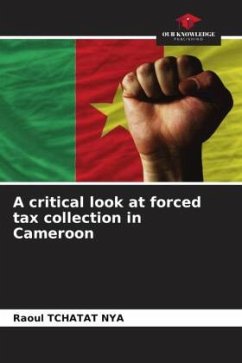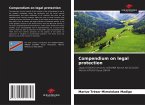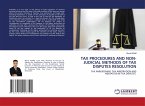The issue of enforced tax collection in Cameroon is not new. It has always attracted the attention of doctrine and jurisprudence beyond the rules laid down by the tax legislator. This is why, in the context of our approach, we have identified a fundamental question: given the prerogatives of the tax authorities, can it be said that forced collection procedures, as laid down in tax legislation and implemented in practice, guarantee the development of the taxpayer? The answer to this question will enable us to discuss the practice of enforced tax collection, which has been reinforced by infringements, before going on to analyze the practice of enforced tax collection, which needs to be improved by the tax authorities and the taxpayer.
Bitte wählen Sie Ihr Anliegen aus.
Rechnungen
Retourenschein anfordern
Bestellstatus
Storno








